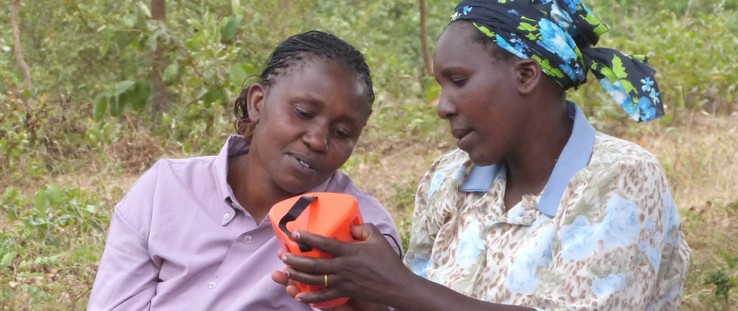 Kenyan women discuss the S300 mobile charging solar lantern.
d.light
Kenyan women discuss the S300 mobile charging solar lantern.
d.light
 Kenyan women discuss the S300 mobile charging solar lantern.
d.light
Kenyan women discuss the S300 mobile charging solar lantern.
d.light
In this Q&A, Power Africa’s Adi Raval puts questions to Ned Tozun, president and co-founder of d.light. Founded in 2006 as a for-profit social enterprise, d.light manufactures and distributes solar lighting and power products designed to serve the more than 2 billion people globally without access to reliable electricity. d.light is a founding member of Power Africa and its sub-initiative, Beyond the Grid.
FrontLines: What interests you most about Power Africa? How is it helping d.light?
Tozun: The Power Africa framework has the ability to provide high-level exposure and attention on energy access through Beyond the Grid. This focus is right in line with d.light’s efforts to bring light and power to 100 million people by 2020. The framework of both initiatives aligns with d.light’s mission to expand universal energy access.
FrontLines: What type of work are you doing in Africa and how is it contributing to increasing access to electricity for people in sub-Saharan Africa?
Tozun: Founded in 2006 as a for-profit social enterprise, d.light manufactures and distributes solar lighting and power products designed to serve the more than 2 billion people globally without access to reliable electricity. In Africa, we have over 100 d.light employees on the ground. Recently, d.light launched the Energy Access Accelerator, an initiative focused on integrating the company’s growing range of solar power products and services with a diversity of payment and distribution systems.
d.light’s diverse product range has grown to include the affordable S2, the rugged, portable S20, the ultra-bright S300 with mobile phone charging and the D20 solar home system. Products range from $8 for a task light, to $160 for a solar home system.
FrontLines: What do you see as the biggest challenges for an American company trying to engage in electrification issues in sub-Saharan Africa and what have you tried to do to overcome them?
Tozun: There are numerous challenges to electrification, including building consumer trust, making energy access affordable through financing, and poor quality “knock-offs” that poison the market. Public/private partnership is key: Market-based approaches and policy decisions working together will accelerate efforts to electrify Africa.
FrontLines: How can market experience and research and development based in the United States enhance d.lights products and services offered in Africa?
Tozun: d.light’s quality standards have been essential to our success in Africa and around the world. Stretching back to our founding in 2006, our U.S.-led marketing and research and development, emphasizing our quality standards have—and will continue—to enable this success. The fact that our products are designed here in the U.S. is a selling point for our customers—it speaks to the quality and innovativeness of the design.
FrontLines: What do you envision your role and more broadly, the role of the American private sector, in sub-Saharan Africa in the coming years?
Tozun: We think that d.light and the U.S. renewables industry have an important role to play in enabling access to energy in Africa. Just as mobile phones adoption rates skyrocketed in the ‘90s, we see tremendous opportunity in the off-grid solar market to enable consumers to secure basic energy access and radically improve their lives and opportunities.







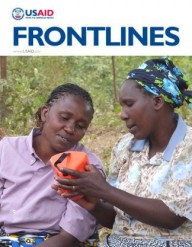

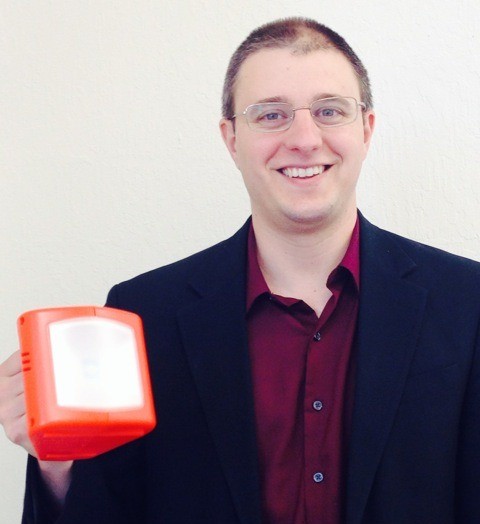
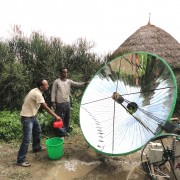
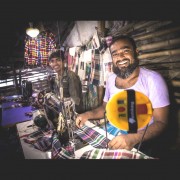
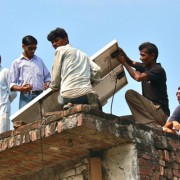
Comment
Make a general inquiry or suggest an improvement.